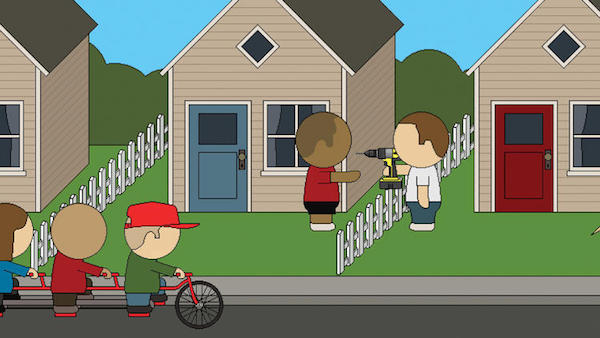Why has the promise of the sharing economy failed?
Fast Company takes a look at why the utopian idea of borrowing things you only use rarely (tools, bikes, etc) through the internet never really took off. Today’s “sharing economy” businesses like Uber or Airbnb are actually more traditional pay-for-service than anything to do with sharing, but somehow the most pure common-good businesses fell by the wayside. This quote is particularly on point:
There was just one problem. As Adam Berk, the founder of Neighborrow, puts it: “Everything made sense except that nobody gives a shit. They go buy [a drill]. Or they just bang a screwdriver through the wall.”
Makes you wonder if it’s not the idea, but the people who are the problem. If we can’t be bothered to sign up or use simple web services like this that theoretically both save us money and helps communities feel more neighborly…
Is the sharing economy built on a flawed premise of cooperation?
Are we too self-involved for this to work at all, or is there hope that going about it slightly differently could make sharing more appealing?
